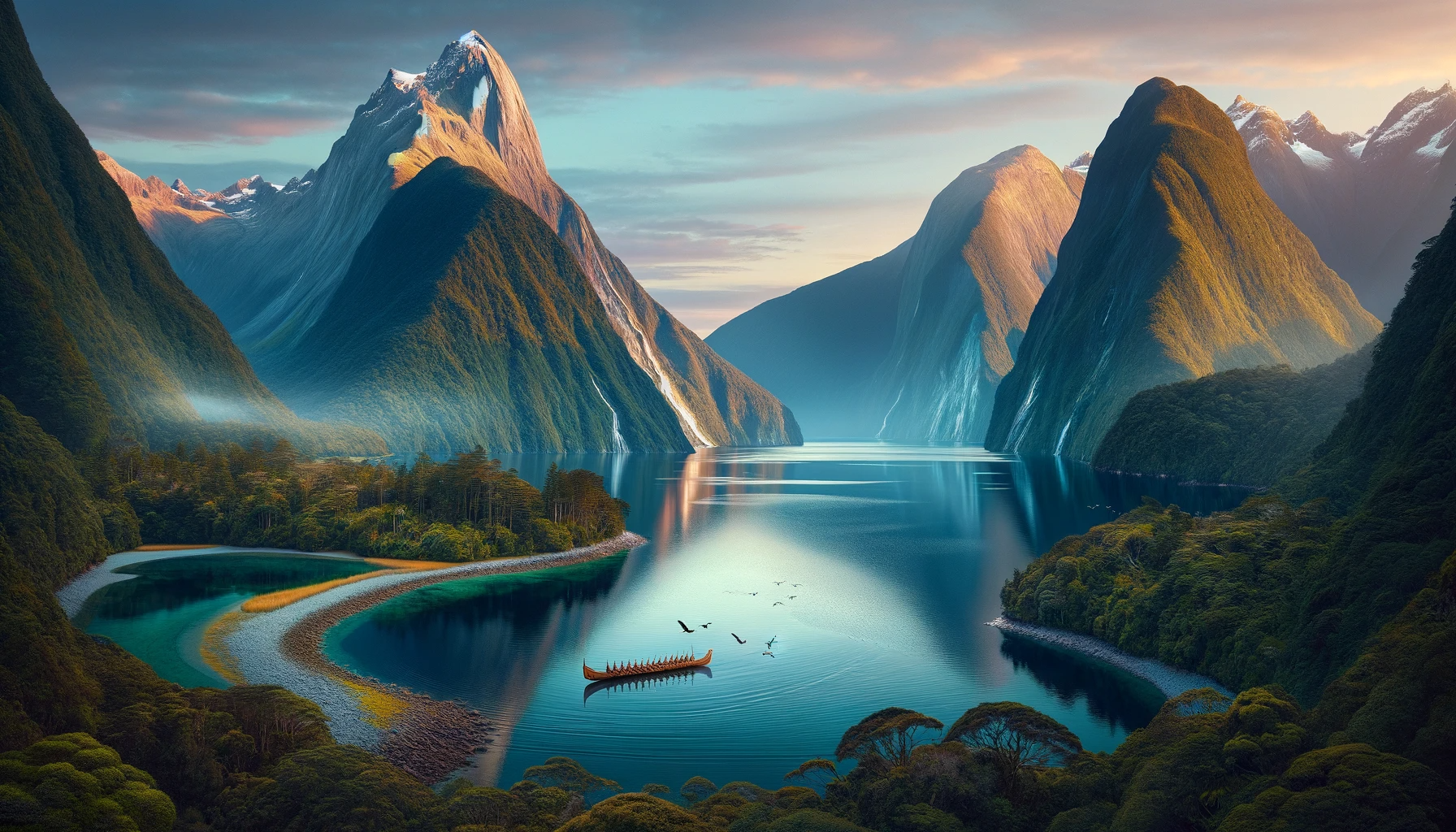New Zealand is a beautiful and culturally diverse nation known for its stunning landscapes, friendly people, and commitment to democratic values. Its unique blend of Maori and European heritage, along with its emphasis on environmental conservation, makes it a remarkable country in the South Pacific.
List of Public Holidays New Zealand for the year 2025
- New Year’s Day is observed on Wednesday, 1st January 2025.
- Day after New Year’s Day is observed on Thursday, 2nd January 2025.
- Waitangi Day is observed on Thursday, 6th February 2025.
- Good Friday is observed on Friday, 18th April 2025.
- Easter Monday is observed on Monday, 21st April 2025.
- ANZAC Day is observed on Friday, 25th April 2025.
- King’s Birthday is observed on Monday, 2nd June 2025.
- Matariki is observed on Friday, 20th June 2025.
- Labour Day is observed on Monday, 27th October 2025.
- Christmas Day is observed on Thursday, 25th December 2025.
- Boxing Day is observed on Friday, 26th December 2025.
List of Public Holidays New Zealand for the year 2024
- New Year’s Day is on Monday 1 January 2024
- Day after New Year’s Day is on Tuesday 2 January 2024
- Waitangi Day is on Tuesday 6 February 2024
- Good Friday is on Friday 29 March 2024
- Easter Monday is on Monday 1 April 2024
- Anzac Day is on Thursday 25 April 2024
- King’s Birthday is on Monday 3 June 2024
- Matariki Friday is on 28 June 2024
- Labour Day is on Monday 28 October 2024
- Christmas Day is on Wednesday 25 December 2024
- Boxing Day is on Thursday 26 December 2024
Country Profile for New Zealand
- Population: 4.3 million (UN, 2010)
- Capital: Wellington
- Largest city: Auckland
- Area: 270,534 sq km (104,454 sq miles)
- Monetary unit: 1 New Zealand dollar ($NZ) = 100 cents
- Internet domain: .nz
- International dialling code: +64

Geography and Location
New Zealand is an island nation located in the southwestern Pacific Ocean. It comprises two main landmasses, the North Island and the South Island, along with numerous smaller islands. It is situated approximately 2,000 kilometers southeast of Australia, separated by the Tasman Sea. New Zealand’s unique geographical isolation has led to the development of distinct flora and fauna.
Maori Heritage
The indigenous people of New Zealand are the Maori, who arrived in the country from Polynesia around 700 years ago. They have a rich cultural heritage, including their language (Te Reo Maori) and traditional arts such as carving and weaving. The Treaty of Waitangi, signed in 1840 between the British Crown and Maori chiefs, is a foundational document in New Zealand’s history, and it continues to play a significant role in contemporary society.
European Settlement
European exploration of New Zealand began with the arrival of Dutch navigator Abel Tasman in 1642. However, it was not until the late 18th century that European settlers, primarily British, began to establish permanent settlements. The British Crown formally annexed New Zealand in 1840, leading to the colonization of the country.
Demographics
New Zealand has a diverse population, with a mix of ethnicities and cultures. In addition to the Maori and European descendants, there are significant populations of Pacific Islanders and Asians. English is the predominant language, but Te Reo Maori and New Zealand Sign Language are also official languages. The country is known for its inclusive and multicultural society.
Economy
New Zealand has a mixed economy with a strong emphasis on agriculture and exports. Key industries include dairy farming, sheep farming, forestry, and horticulture. The country is renowned for its high-quality agricultural products, including dairy, meat, and wine. Tourism is also a major contributor to the economy, with visitors attracted to New Zealand’s stunning landscapes, outdoor activities, and adventure tourism.
Political System
New Zealand is a parliamentary democracy and a constitutional monarchy with a hereditary monarch (currently Queen Elizabeth II) as the head of state. The country’s political system is characterized by stability, transparency, and a strong emphasis on democratic principles. It has a unicameral legislature known as the New Zealand House of Representatives.
Healthcare and Education
New Zealand has a well-developed healthcare system that provides universal access to healthcare services. The country is known for its high-quality medical facilities and healthcare professionals. In terms of education, New Zealand offers a robust and internationally recognized education system, with a strong focus on research and innovation.
Environment and Conservation
New Zealand is renowned for its pristine natural environment. The country is famous for its breathtaking landscapes, including fjords, mountains, beaches, and rainforests. It’s also home to unique wildlife, including the kiwi bird. Conservation efforts are a priority, with many national parks and protected areas. The Department of Conservation (DOC) is responsible for preserving and protecting New Zealand’s natural heritage.
Climate
New Zealand experiences a temperate climate with regional variations. The North Island tends to have milder temperatures, while the South Island has cooler winters. The country is known for its changeable weather, with rapid shifts in weather patterns, especially in the southern regions.
Sports and Recreation
: Rugby is the national sport of New Zealand, and the All Blacks, the national rugby team, are highly revered. Cricket, netball, and rugby league are also popular sports. The country’s diverse landscapes provide ample opportunities for outdoor activities such as hiking, skiing, mountain biking, and water sports.
Cultural Identity
New Zealand has a strong cultural identity rooted in its history, including both Maori and European influences. The Maori culture is celebrated through various cultural events, traditional ceremonies, and the use of Maori language in official contexts. The Kiwi identity is often associated with qualities like friendliness, a love of the outdoors, and a “can-do” attitude.
New Zealand is known for its independent foreign policy. It is a member of various international organizations, including the United Nations, Commonwealth of Nations, and Asia-Pacific Economic Cooperation (APEC). The country has a reputation for its commitment to peacekeeping and humanitarian efforts worldwide.
Foreign Relations:
Challenges and Concerns: While New Zealand enjoys many advantages, it also faces challenges, including housing affordability issues, environmental conservation, and the need to address historical injustices faced by the Maori people. Additionally, the country is not immune to global challenges such as climate change and economic fluctuations.
In conclusion, New Zealand is a beautiful and culturally diverse nation known for its stunning landscapes, friendly people, and commitment to democratic values. Its unique blend of Maori and European heritage, along with its emphasis on environmental conservation, makes it a remarkable country in the South Pacific.
https://www.holiday-times.com/topics/continents/public-holidays-pacific/

